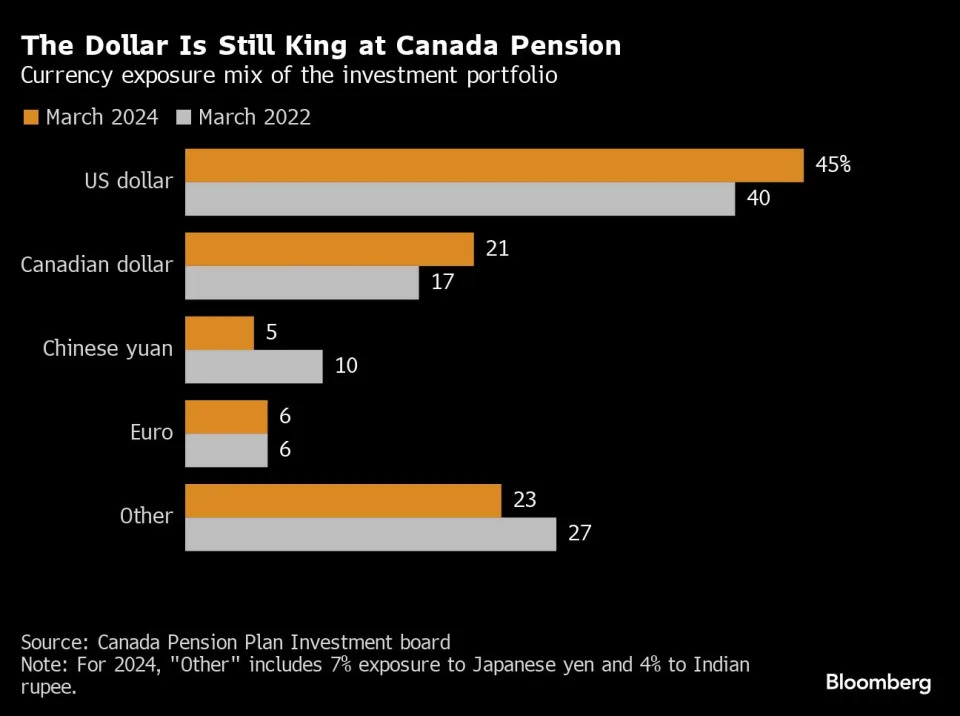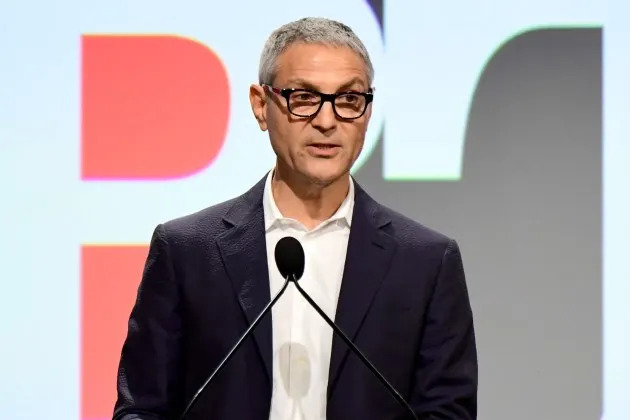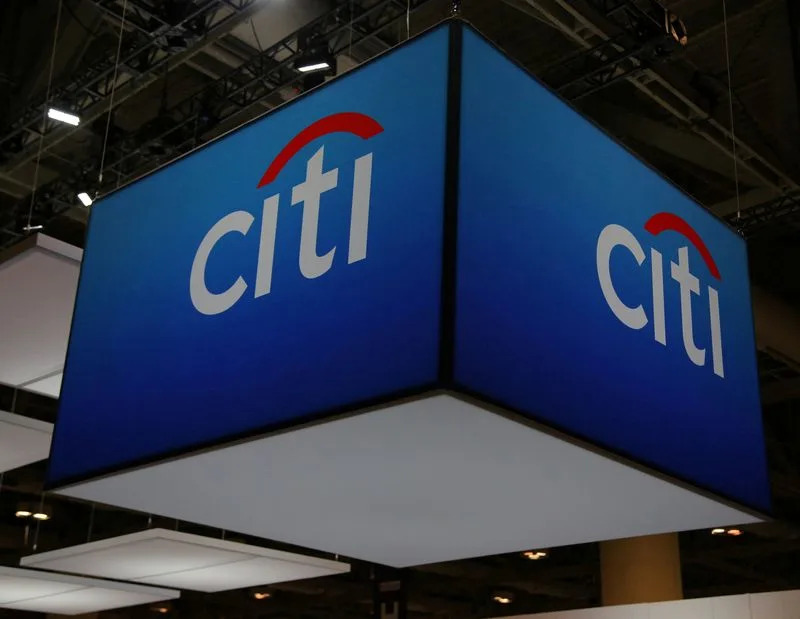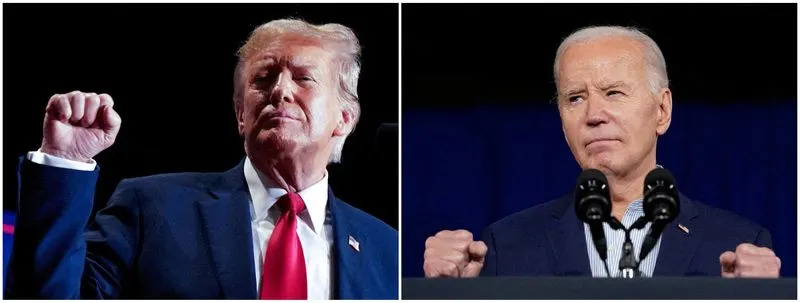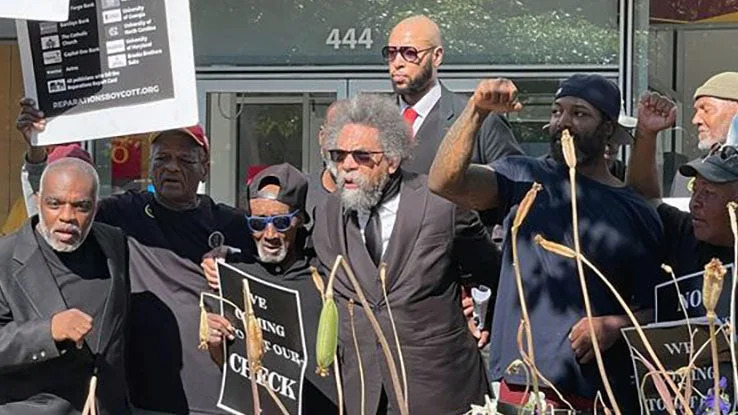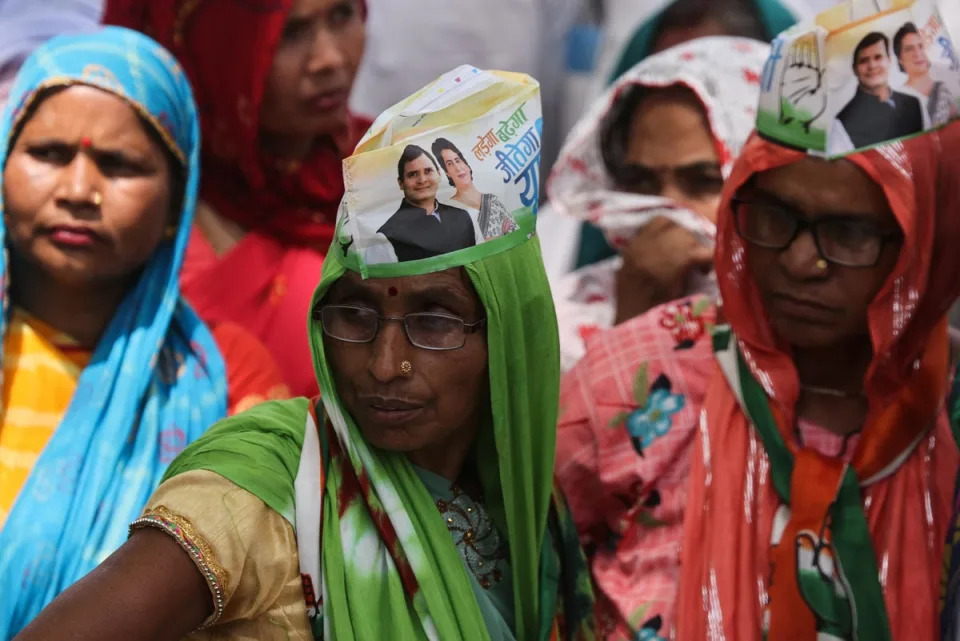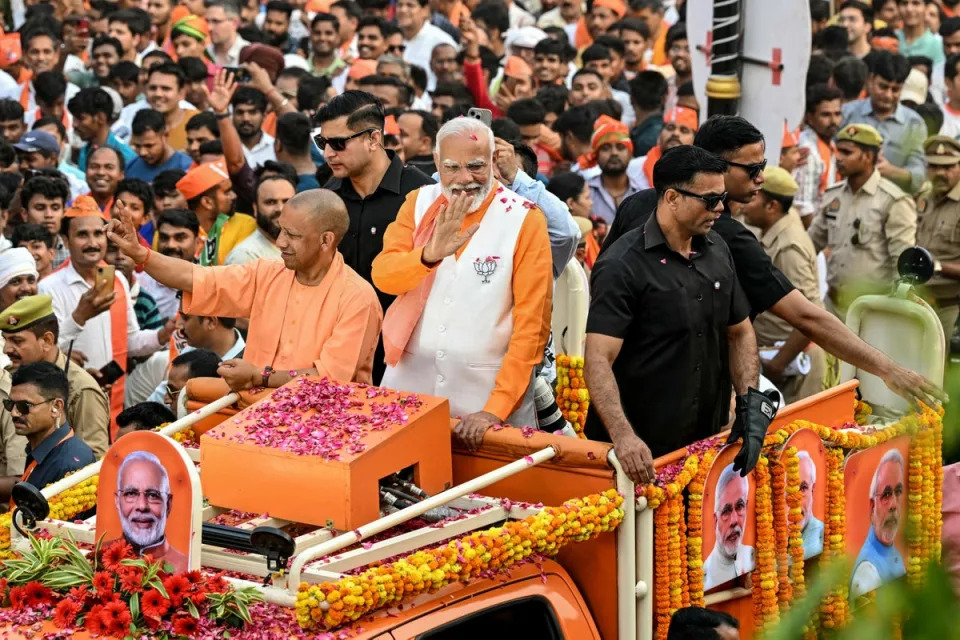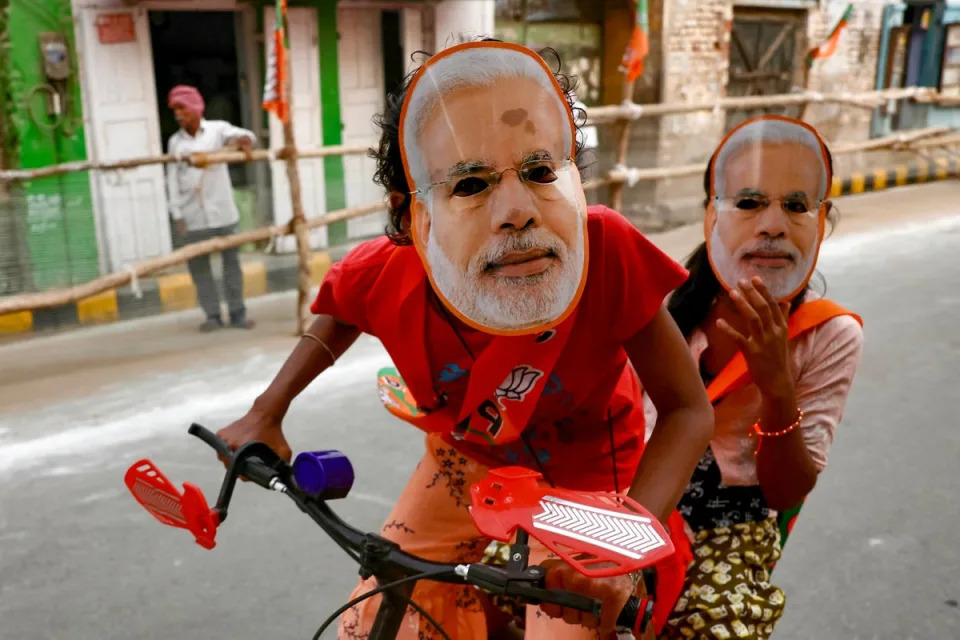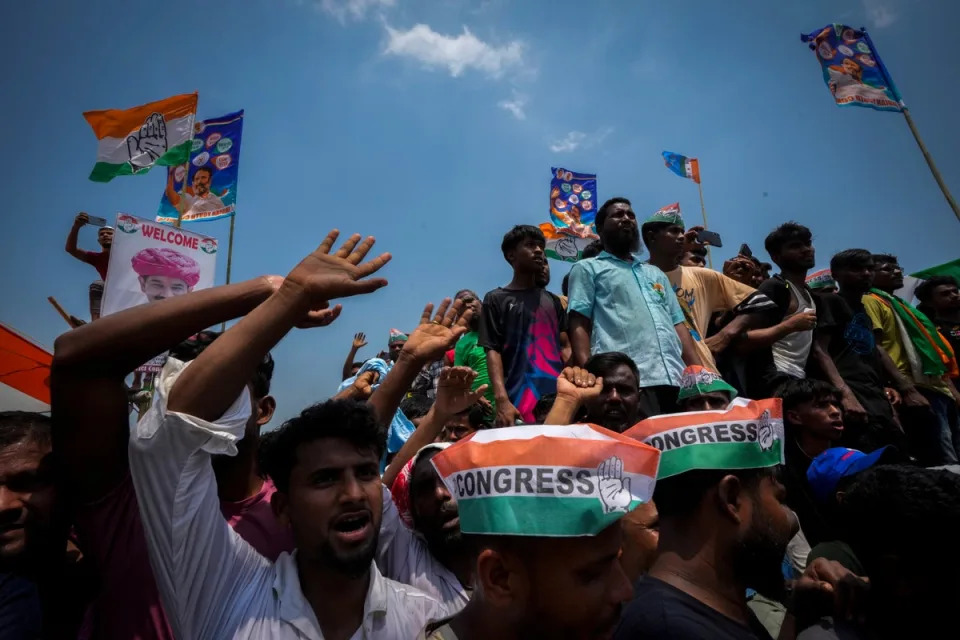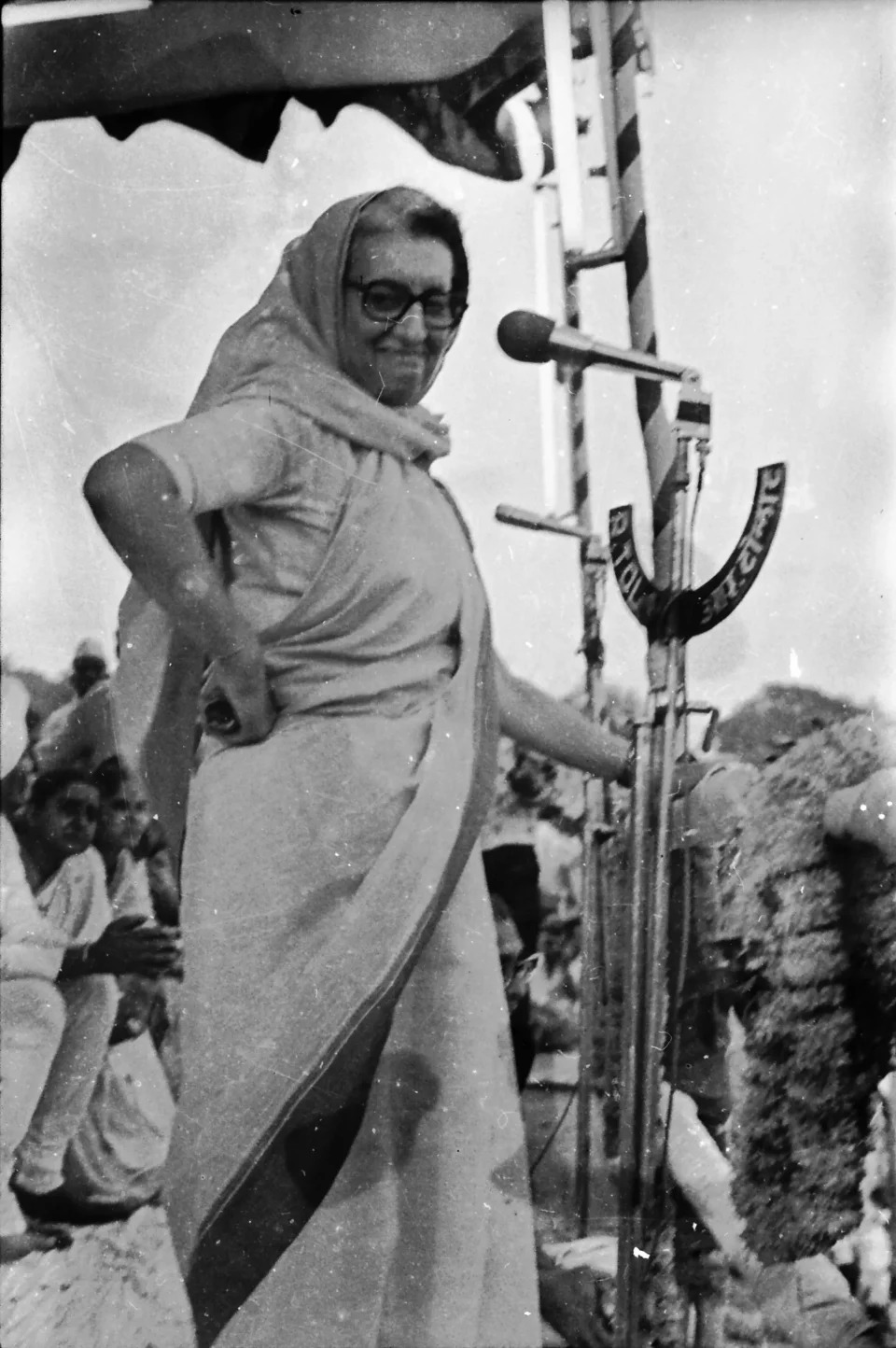Endeavor CEO Ari Emanuel has called for a two-state solution to the Israeli-Palestinian conflict and declared that Benjamin Netanyahu’s rule must end in order to achieve lasting peace for Israel.
Emanuel’s remarks came Wednesday night as he was honored by the Simon Wiesenthal Center with its Humanitarian Award at the Beverly Wilshire Hotel. The divisiveness of the Israel-Hamas war that began Oct. 7 after Hamas’ coordinated terrorist attacks was evident as a few dozen attendees booed and angrily left the ceremony as Emanuel spoke. “Stop talking!” one woman yelled as she left the ballroom.
More from Variety
But Emanuel was unwavering in his message to the room full of prominent entertainment industry leaders and major figures in philanthropy and civic organizations. Emanuel tore into Israel Prime Minister Netanyahu as a narcissist who greatly compromised Israel’s security with his aggressive policies. He also criticized Netanyahu for having no plan in place for managing the Gaza region after the Hamas war is over.
“It’s a painful and crucial moment for all of us who are Jews, for all of us who love Israel,” Emanuel said. The situation calls for “a political, two-state solution that delivers peace, security and dignity to all.”
Emanuel didn’t reference Netanyahu until about halfway through his 15-minute speech. That’s when a steady stream of attendees began to walk out. At the same time, his speech was interrupted multiple times by applause from entertainment industry insiders. (On a lighter note, during Emanuel’s speech, the jaunty theme music to “Curb Your Enthusiasm” was heard in the ballroom for a few seconds, likely as a cell phone ring tone. Emanuel’s longtime client Larry David, creator and star of the HBO series, was at the event. Nobody pointed fingers, but more than one person remarked that it was the kind of funnier-than-fiction surprise that would have made it into a “Curb Your Enthusiasm” episode had the show not wrapped its 12-season run in April.)
“Israel is being led by a man who doesn’t want a peaceful solution. He only wants to secure his own power and political survival,” Emanuel said. “He is an agent of chaos, hatred, division and destruction — and enough is enough.”
Emanuel acknowledged the tragedy of civilian casualties and suffering among Palestinians in Gaza. But he squarely put the blame for the war on Hamas and the coordinated terror attacks it unleashed on Oct. 7, leaving more than 1,200 dead and more than 250 hostages kidnapped. At present, 125 hostages are still unaccounted for, according to a May 17 report by BBC News.
“The world is rightly outraged by the deaths of innocent Palestinians in this war,” he said. “There is no contradiction in saying that Israel is justified in fighting to free the hostages and destroy Hamas [and] that we should mourn the deaths of Palestinian civilians and seek to minimize casualties, that we should bring to justice settlers who commit violence against Palestinians in the West Bank, and to call for new leadership in Israel that will eliminate Hamas but also find a political solution for the region.”
Emanuel’s remarks echoed comments that he made in October at an entertainment industry conference shortly after the Oct. 7 attacks. But after eight months of war and more than 35,000 dead in Gaza, he went much further on Wednesday night in criticizing the Israeli leader.
“For the good of Israel, he should go,” Emanuel said. “So should the extremists in his cabinet, who are inciting violence in the West Bank and have been undermining democracy in Israel.”
Emanuel detailed his famous family’s long-standing connections to Israel, which stretch back before statehood in 1948. His uncle, Emanuel Auerbach, was shot and killed in 1933 during a protest in Jerusalem. The family changed their surname to Emanuel to honor his memory. In 1967, as a youth, he recalled “sitting with my family in front of the TV watching the first early morning reports when the Six-Day War started, praying that Israel would survive.” The Emanuels visited Israel that year and went regularly in summers for six years.
Emanuel’s speech acknowledged the polarizing effect of the cultural conversation around the Israel-Hamas war in the U.S. and the proliferation of pro-Palestinian encampments on college campuses.
“Where is the outrage about the civilians being killed right now in Sudan, where earlier this month Human Rights Watch warned that an actual genocide could be unfolding? In Ukraine? Where were the campus protests when the Syrian dictator slaughtered his own people,” Emanuel said. “According to the UN Human Rights Office, over 300,00 civilians have been killed there. Where were the protests when the United States attacked ISIS in Mosul in Iraq and thousands of civilians died?”
Moreover, Emanuel asserted, Israel has no choice but to fight an adversary such as Hamas that explicitly stated that its ultimate goal is to destroy Jewish state.
“Hamas could end this war today. They could free the hostages today. We don’t know how many exactly remain in captivity or alive because Hamas refuses to even release the details,” Emanuel said. “Of course, they will not do that. Hamas started this war, and they continue to wage it, and so Israel must fight it.”
Emanuel was brutal in his assessment of Netanyahu’s motivations for taking such a hard stance on any form of compromise on Gaza and other Palestinian issues. He accused the Israeli leader of trying to cling to power to avoid legal problems, including fraud and corruption charges, that await him once he’s no longer in power.
“For two decades, he has divided Jews in Israel and around the world to stay in power as long as possible. That has been his only goal all along. As for his responsibilities to keep the people of the state of Israel and Jews across the globe safe, he has obviously failed spectacularly. But he has succeeded wildly in using division to stay in power,” Emanuel said.
“In the years leading up to the barbaric October 7th terrorist attacks, Netanyahu allowed money from Qatar to be funneled to Hamas. There are currently hundreds of millions of dollars being used to hide the murderers of October 7th,” he said. “He empowered terrorists in Gaza to undermine the Palestinian Authority in the West Bank and the chances of a two-state solution.”
He also blamed Netanyahu for “trashing a legacy that doesn’t belong to him” for the Jewish state with his legacy as prime minister. A war hero, Netanyahu previously served as Israel’s leader from 1996 to 1999 and from 2009 to 2021. He was sworn in for a sixth term in December 2022.
“As Senator Chuck Schumer said recently, ‘Israel cannot survive if it becomes a pariah.’ That is what Netanyahu is doing, dragging Israel into the same pariah status that he has rightly earned for himself,” Emanuel said. “It is now time to recognize that Netanyahu is ruining our reputation and doing incredible and lasting damage both to Israel and to the Jewish people around the world.”
Emanuel was introduced at the event by mega-star Tyler Perry, who has long been represented by Emanuel and Endeavor’s WME. Perry emphasized the significance of the historic alliance between Blacks and Jews during the Civil Rights era and in the early 20th century.
“There would not be an NAACP had it not been for the Jewish-Black alliance,” Perry said.
Comedian Alex Borstein emceed the event.
